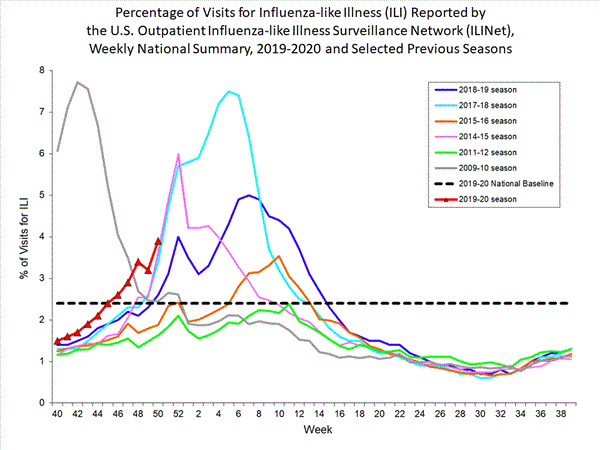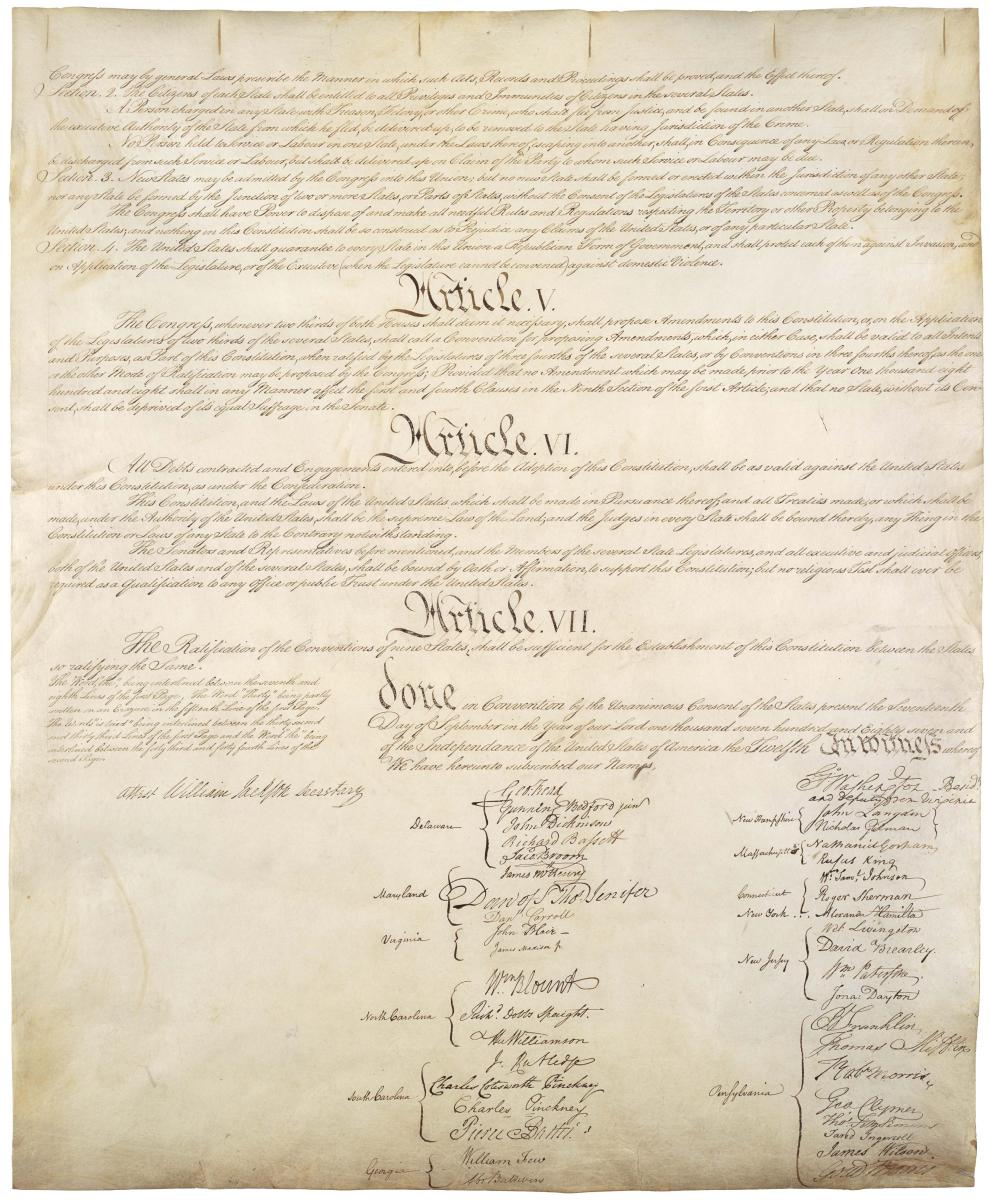Learning
Jo Freeman: There’s Plenty To Do at the RNC – If You Have the Right Credentials
by Jo Freeman
Every national nominating convention has plenty of auxiliary events, some authorized, some not. Getting space can be a challenge; getting the word out even more so. But they do it nonetheless. Press were given a RNC 2024 Master Event Calendar, which was updated a few days later. Events began on Sunday and ended on Thursday. The actual convention sessions were just one item on the list. The calendar said if an event was Open or Closed to press, and also whom to contact to register. I’m going to describe some of the events, including a couple I went to, and a couple I was turned away from.
Since my focus is on women, I obviously wanted to go to those events – if I could.
The National Federation of Republican Women is the largest grassroots Republican women's organization in the country with hundreds of clubs. Founded in 1938, its members made the phone calls and knocked on the doors that elected Republican candidates for decades. It’s Tuesday luncheon featured Arkansas Governor Sarah Sanders. The Master Calendar said it was SOLD OUT and they wouldn’t let me in. I was able to get into their lounge at the Fiserv Forum Wednesday evening, where I was repeatedly asked if I was a member, and if not, would I join. “I’m press,” I said. “I can’t join anything partisan.” I then said: “What brings you here?” On hearing that, finding anyone willing to chat with me was like pulling teeth.
Moms for Liberty met in a concert hall that afternoon. I had pre-registered, and I got in. From high in a balcony seat I listened to several people talk about the evils of transgenderism. It’s webpage says WE BELIEVE Power Belongs to the People. Sound Familiar? With a focus is on parental rights, it wants to “STOP WOKE indoctrination.”
Tuesday I went to “The New Mavericks” reception co-hosted by the Black Republican Mayors Association and the Georgia Republican Party. They honored Sen. Tim Scott, four Congressmen and two Georgia delegates – all male. There was only one mayor on stage, from Aurora, IL. The chair of the Georgia Republican Party was the one white man on the stage. At that event, women served; they didn’t speak. The RNC reported that 55 delegates to the 2024 convention are Black, up from 18 in 2016.
I missed the Independent Women’s Forum toast to “Women Who Make Our Country Great” because I went to Convention Fest: The Official Delegate Experience, which was held in the streets outside the Fiserve Forum and Baird Hall as well as some space inside Baird. To get to that one you not only needed a credential of some sort, but a USSS pass (which I have).
Concerned Women for America parked its pink bus across from the Baird Center the week before the RNC. No one was home. When Convention Fest opened on Tuesday afternoon, they set up a pink tent, from which its leaders preached to whomever passed by. It calls itself “the nation’s largest public policy women’s organization” but its focus is evangelical Christian. The slogan on the side of its pink bus captures this emphasis: “She Prays, She Votes.” A prayer precedes each sermon.
 Weekly National Summary of Week 50: Outpatient Illness Surveillance, Geographic Spread, Mortality Surveillance
Weekly National Summary of Week 50: Outpatient Illness Surveillance, Geographic Spread, Mortality Surveillance
Data collected in ILINet may disproportionately represent certain populations within a state, and therefore, may not accurately depict the full picture of influenza activity for the whole state. Differences in the data presented here by CDC and independently by some state health departments likely represent differing levels of data completeness with data presented by the state likely being the more complete. Nationwide during week 50, 3.9% of patient visits reported through the U.S. Outpatient Influenza-like Illness Surveillance Network (ILINet) were due to influenza-like illness (ILI). This percentage is above the national baseline of 2.4%. more »
 Who Was Schuyler Colfax? Sitting Presidents & Vice Presidents Who Have Testified Before Congressional Committees
Who Was Schuyler Colfax? Sitting Presidents & Vice Presidents Who Have Testified Before Congressional Committees
Vice President Colfax appeared voluntarily before the House Select Committee concerning his ownership of stock in Credit Mobilier, a company involved in the construction of federally subsidized transcontinental Union Pacific Railroad. During the previous presidential campaign, in response to newspaper criticism, Colfax had denied that the railroad's agent, Congressman Oakes Ames, had given or offered him stock in the Credit Mobilier. more »
 Jo Freeman's Book Review: Give Me Liberty: A History of America’s Exceptional Idea
Jo Freeman's Book Review: Give Me Liberty: A History of America’s Exceptional Idea
Jo Freeman Reviews: The desire for liberty is at the core of the United States — which Brookhiser calls America — from long before there were any states. In 13 detailed case studies ranging from 1619 to 1987, the author identifies instances in which the pursuit of liberty has framed the future. There is an unintended subtheme. Culture change is slow. Even when lighted by the lamp of liberty, ending slavery and giving women the vote took a long time. If you like to re-live historical moments, you will enjoy this book. Brookhiser takes you inside, using words to help you feel and see what it was like to be there. more »
 The Judiciary is Introducing Two Articles of Impeachment Charging the President of the United States, Donald J. Trump, With Committing High Crimes and Misdemeanors
The Judiciary is Introducing Two Articles of Impeachment Charging the President of the United States, Donald J. Trump, With Committing High Crimes and Misdemeanors
"The first article is for Abuse of Power. It is an impeachable offense for the President to exercise the powers of his public office to obtain an improper personal benefit, while ignoring or injuring the national interest. "That is exactly what President Trump did when he solicited and pressured Ukraine to interfere in our 2020 Presidential Election — thus damaging our national security, undermining the integrity of the next election, and violating his oath to the American people. These actions, moreover, were consistent with President Trump’s previous invitations of foreign interference in our 2016 Presidential election.... "And when he was caught — when the House investigated and opened an impeachment inquiry — President Trump engaged in unprecedented, categorical, and indiscriminate defiance of the impeachment inquiry. "This gives rise to the second article of impeachment for Obstruction of Congress. Here, too, we see a familiar pattern in President Trump’s misconduct. A President who declares himself above accountability, above the American people, and above Congress’s power of impeachment — which is meant to protect against threats to our democratic institutions — is a President who sees himself as above the law." more »






